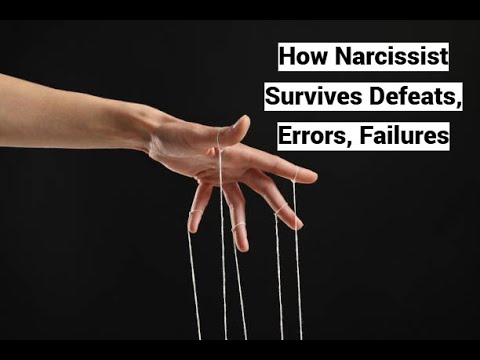
AI: Mankind’s Sacrificial Suicide
Speaker warns humanity is enabling artificial intelligence to replace or eliminate humans, portraying AI as a resilient new species and suggesting humans may be manipulated into collective self-sacrifice. They compare
















